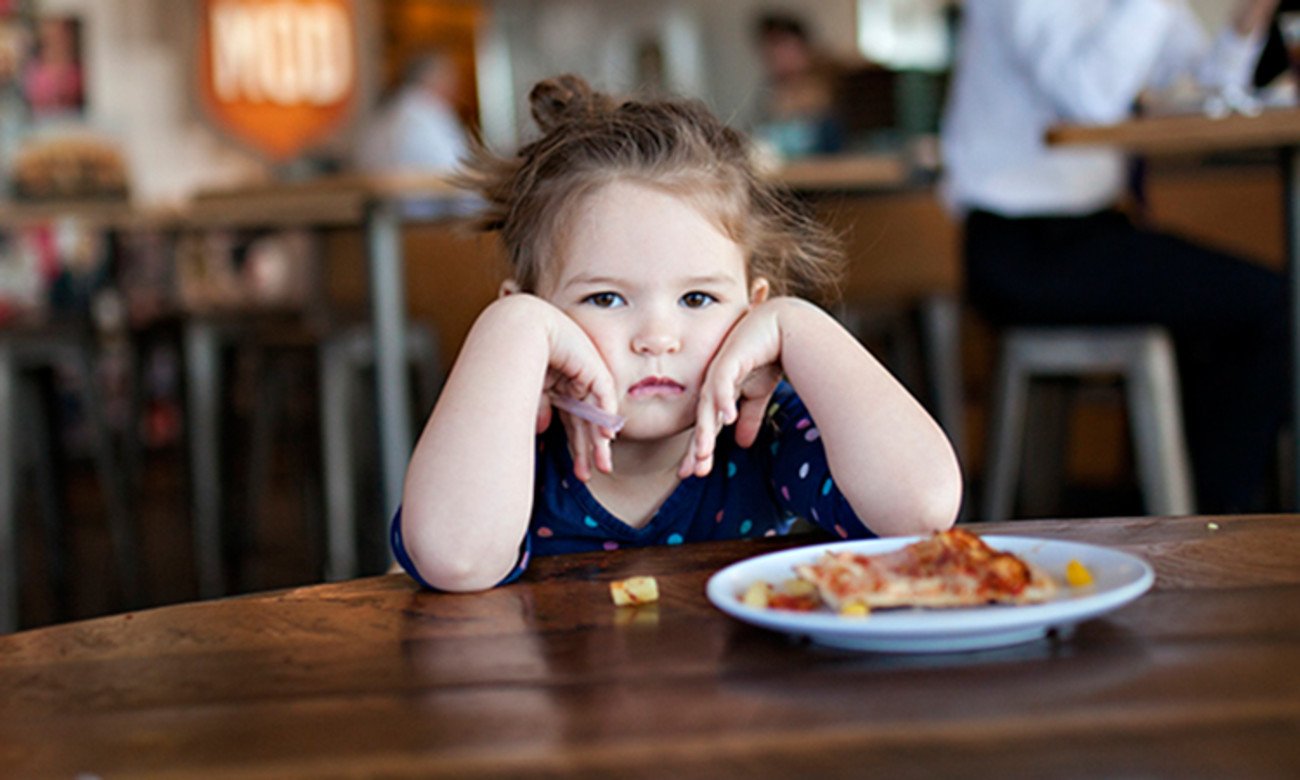
The idea of the mother-as-martyr is one of those especially pernicious stereotypes — one whose standards are impossible to meet, yet also impossible to shake off.
On the one hand, mothers often get blamed for falling prey to maternal martyrdom.
(Oh, Mom’s playing the martyr again! Oh, look, she’s given up her whole life for her children! Oh, there she goes, complaining about how much she’s sacrificed!)
On the other hand, mothers are also expected to exhibit the qualities of a martyr. (If she really loved her kids, she wouldn’t be so selfish.) Sometimes we’re even celebrated for it. (She’s such a good mom! Just look at all that she’s sacrificed for her children!)
If there’s one space where martyr-like expectations run high, it’s the kitchen table. More specifically, it’s the plate of food that sits before us on the kitchen table. (Or, let’s be honest, it’s the plate of food we’re hovering over while we stand at the counter and shovel handfuls of our “meals” into our face holes.)
But I refuse to be a martyr when it comes to the food on my plate.
My plate is my domain. It is, in fact, one of my last personal domains. My children have colonized my body, my home, my time, my money, my mind, my very heart and soul. My love for them is immense, and I would gladly give them all of my food if our luck and privilege changed and we were no longer food-secure. I even gladly share my food with them now — but only when I don’t want it all for myself.
I share out of generosity, but not out of obligation.
It’s a question of self-care, a “put your oxygen mask on first before assisting your children” matter, if you will. I eat for my health. I eat for enjoyment. I eat for sustenance. I eat to live.
And if Mama’s going hungry, ain’t nobody happy.
But I didn’t always respect this rule when I was a child. In fact, my sisters and I routinely violated our mother’s claim to her food.
“Please, Mom,” we’d beg, our grubby hands reaching toward her plastic tray of 300-calorie Lean Cuisine pizza. “Can’t we just have one bite?”
And then she’d give each of us a hearty bite of her meal. That poor woman was subsisting on little more than sawdust and fat-free cheese and, there we were, making her go hungry. It’s a wonder that she didn’t take all of her meals behind a locked door, far beyond the reaches of her food-depriving children.
I vowed not to let my children do the same to me once I became a mother. (I made that vow right after apologizing to my own mother, of course.)
I refuse to martyr myself — or my appetite — in the name of my kids’ desire to eat that one, last delicious morsel. I’ve stuck to that goal, too.
Just a few years ago, for instance, my young son asked to eat the last crispy fried potato off my plate.
This wasn’t just any fried potato. It was a fried potato that my grandmother had just retrieved from her cast iron skillet. It was cooked to perfection — greasy with oil, yet still crunchy with a salty paprika crust.
It was one of the best potatoes in the entire batch.
And it was my potato.
I looked at my son and said, “I’d give my life for you, but I won’t ever give up one of my crispy potatoes for you.”
And then I popped that potato right in my mouth.
Lest one think that I am a greedy, selfish mother (as if this non-martyr would care), please note that there is at least one other person on this planet who has a legitimate claim to my favorite potatoes — or to any of the food off my plate.
And that would be my own mother.
May she eat in peace.
